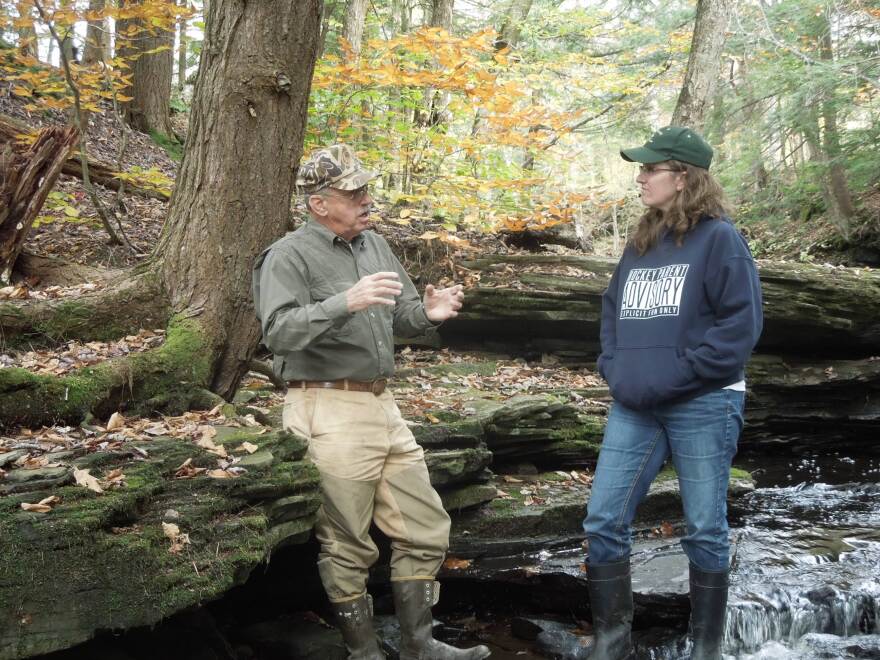Last week, the Tug Hill Commission hired its first female executive director.
The Tug Hill is full of tiny isolated towns and villages spread out across the plateau. Supervisors of these towns are dealing with populations so small, they’re sometimes the only person on the job. To handle anything from grant writing to balancing their town's budget, they sometimes reach out to the Tug Hill Commission for advice.
The new leader of this 43-year old state agency, Katie Malinowski, started working with the organization in 1998. At the time, a developer was interested in putting a wind farm in Lowville. It was Malinowski’s job to work as a mediator between the developers and local government in Lowville.
“We did a lot of research on what other communities were doing with wind, organized some field trips to some locations where wind farms had already been built so we could learn first hand what that would be mean for the communities fiscally and environmentally,” Malinowski said.
That project became the Lowville Wind Farm. Its now one of the largest wind farms east of the Mississippi. Malinowski says she's essentially a connector between the desires of developers and lawmakers in Albany and local people in the Tug Hill.
“What is really important is being in touch with what is going on on the ground and listening to the local people and also understanding what’s happening at a statewide level and being able to bring those two things together hopefully benefit both parties,” Malinowksi said.
The Tug Hill is the third largest forested region in the state behind the Adirondacks and Catskills. Malinowski says the region's unique because residents live, enjoy, and work off the land. In an area where people usually dislike big government, Malinowski says building up trust can be a challenge. She says under her leadership the Tug Hill Commission will continue to connect people to resources and ways to improve their quality of life.







